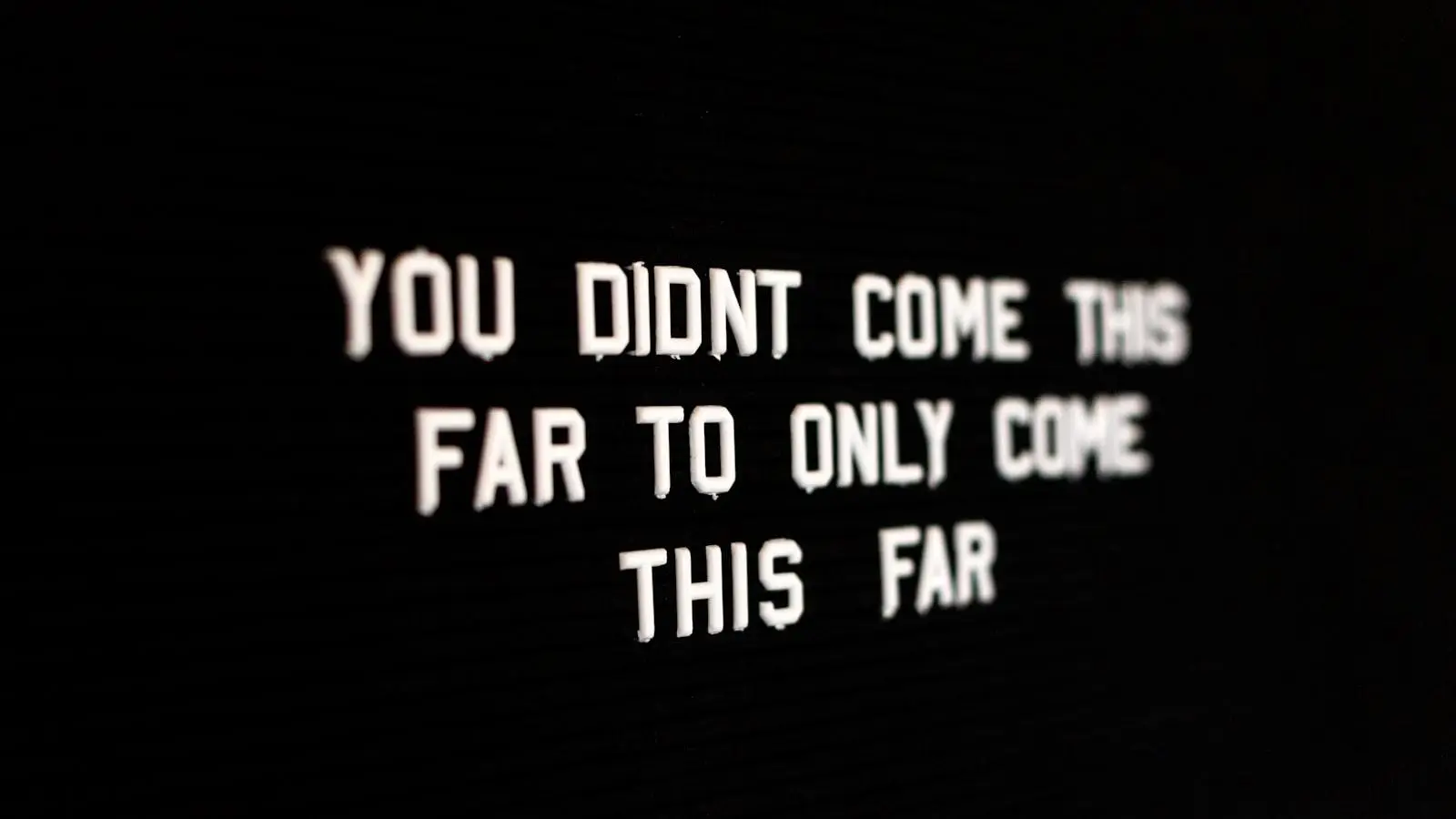As we age, our bodies undergo various changes that can make losing weight seem like an uphill battle. However, with the right strategies and mindset, achieving your weight loss goals after the age of 40 is entirely possible. In this article, we will explore some helpful tips and tricks to help you reach your desired weight and improve your overall health and well-being. Let’s navigate the challenges of weight loss after 40 together and set you on the path to a healthier, happier you.
Key Factors Contributing to Weight Gain After 40

As we age, our bodies undergo various changes that can make it harder to maintain a healthy weight. Certain key factors contribute to weight gain after 40, but with the right strategies, it is still possible to reach your weight loss goals.
Factors Contributing to Weight Gain:
- Changes in metabolism: As we age, our metabolism naturally slows down, making it easier to gain weight.
- Hormonal changes: Fluctuations in hormones, such as decreased estrogen levels in women, can also contribute to weight gain.
- Lack of physical activity: Many adults become less active as they age, leading to a decrease in muscle mass and an increase in body fat.
- Poor diet choices: As we get older, our nutritional needs change, and making unhealthy food choices can lead to weight gain.
Tips for Reaching Your Weight Loss Goals:
- Engage in regular exercise: Incorporate both cardiovascular and strength training exercises into your routine to boost metabolism and maintain muscle mass.
- Eat a balanced diet: Focus on consuming whole, nutrient-dense foods such as fruits, vegetables, lean proteins, and whole grains.
- Stay hydrated: Drink plenty of water throughout the day to support metabolism and curb cravings.
- Seek support: Consider working with a nutritionist or personal trainer to help you stay on track and reach your weight loss goals.
Effective Strategies for Increasing Metabolism and Burning Calories

One of the most crucial factors in achieving weight loss goals after the age of 40 is to focus on increasing metabolism and burning calories. With age, our metabolism tends to slow down, making it more challenging to shed excess pounds. However, with the right strategies, it is still possible to rev up your metabolism and burn more calories effectively.
- Stay Hydrated: Drinking plenty of water throughout the day can help boost your metabolism and aid in burning calories.
- Incorporate Strength Training: Building lean muscle mass through strength training exercises can help increase your resting metabolic rate, allowing you to burn more calories even at rest.
- Eat Protein-Rich Foods: Including protein in your meals can help you feel fuller for longer, curb cravings, and boost your metabolism during digestion.
- Interval Training: High-intensity interval training (HIIT) can be a great way to increase calorie burn and improve overall fitness levels.
| Exercise Program | Duration |
|---|---|
| HIIT Workouts | 30 minutes |
| Strength Training | 45 minutes |
| Cardio Sessions | 60 minutes |
By incorporating these effective strategies into your daily routine, you can increase your metabolism, burn more calories, and achieve your weight loss goals after 40. Remember, consistency is key, so make sure to stay committed to your fitness and nutrition plan to see lasting results.
Nutritional Guidelines for Achieving Sustainable Weight Loss

When it comes to achieving sustainable weight loss, especially for individuals over the age of 40, it is important to follow specific nutritional guidelines to reach your goals. Making small changes to your diet can have a big impact on your weight loss journey. Here are some tips to help you succeed:
- Focus on whole foods such as fruits, vegetables, lean proteins, and whole grains.
- Avoid processed foods, sugary drinks, and excessive amounts of refined carbs.
- Stay hydrated by drinking plenty of water throughout the day.
- Include regular physical activity such as walking, strength training, or yoga in your routine.
By following these guidelines and making healthy choices, you can achieve sustainable weight loss and improve your overall health and well-being. Remember, consistency is key, so stick to your plan and stay motivated to reach your goals!
Incorporating Exercise Routines Tailored to Aging Bodies

As our bodies age, it’s important to adjust our exercise routines to accommodate any limitations and prevent injuries. When it comes to weight loss after 40, incorporating exercises tailored to aging bodies can make a big difference in reaching your goals. Here are some tips to help you on your fitness journey:
- Low-impact cardio: Opt for exercises like swimming, walking, or cycling to get your heart rate up without putting too much strain on your joints.
- Strength training: Focus on building muscle to increase your metabolism and improve overall strength. Use lighter weights and perform exercises that target multiple muscle groups.
- Flexibility training: Incorporate stretching exercises to improve your range of motion and prevent muscle stiffness. Yoga or Pilates are great options for improving flexibility.
It’s important to listen to your body and make adjustments as needed. Consulting with a fitness professional or physical therapist can help you create a personalized exercise plan that takes into account any pre-existing conditions or injuries. Remember, consistency is key when it comes to reaching your weight loss goals, so find activities that you enjoy and stick with them!
Q&A
Q: Why is it harder to lose weight after 40?
A: As we age, our metabolism naturally slows down, making it harder to burn calories. Hormonal changes, stress, and sleep disruptions can also contribute to weight gain.
Q: What are some tips for weight loss after 40?
A: Focus on incorporating more whole foods into your diet, such as fruits, vegetables, lean proteins, and whole grains. Increase your physical activity levels by adding in regular exercise that includes both cardiovascular and strength training. Also, prioritize getting enough quality sleep and managing stress levels.
Q: How can I stay motivated to stick to my weight loss goals?
A: Set realistic and specific goals for yourself, track your progress, and celebrate small victories along the way. Find a support system, whether it’s friends, family, or a weight loss group, to help keep you accountable and motivated. Remember that slow and steady progress is key in achieving long-term success.
Q: Are there any specific diets or supplements that are recommended for weight loss after 40?
A: While there are many fad diets and supplements on the market, it’s important to focus on a balanced and sustainable approach to weight loss. Consult with a healthcare professional before starting any new diet or supplement regimen to ensure it’s safe and effective for your individual needs.
Q: How can I overcome plateaus in my weight loss journey?
A: Plateaus are common in weight loss journeys, especially after 40. To overcome them, try mixing up your exercise routine, reassessing your calorie intake, and focusing on building muscle mass. Remember to be patient and consistent with your efforts, as weight loss is a gradual process.
Final Thoughts
As you embark on your weight loss journey after 40, remember that every step you take, no matter how small, brings you closer to your goals. With patience, determination, and a positive mindset, you can achieve the results you desire. Remember to celebrate your victories, no matter how small, and be kind to yourself along the way. By incorporating these tips into your daily routine, you can make lasting changes that will benefit not only your physical health but also your overall well-being. Here’s to a healthier and happier you!



